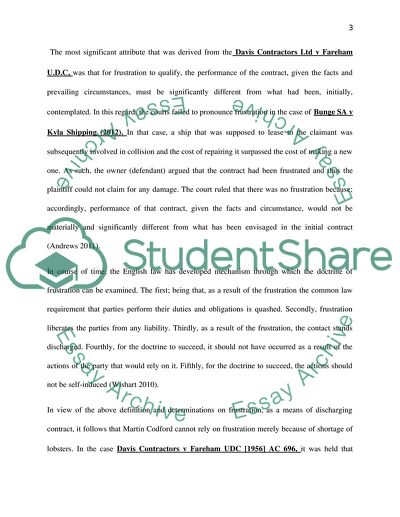Cite this document
(Principles of the English Law of Contract and of Agency Book Report/Review, n.d.)
Principles of the English Law of Contract and of Agency Book Report/Review. Retrieved from https://studentshare.org/law/1860507-case-study-1
Principles of the English Law of Contract and of Agency Book Report/Review. Retrieved from https://studentshare.org/law/1860507-case-study-1
(Principles of the English Law of Contract and of Agency Book Report/Review)
Principles of the English Law of Contract and of Agency Book Report/Review. https://studentshare.org/law/1860507-case-study-1.
Principles of the English Law of Contract and of Agency Book Report/Review. https://studentshare.org/law/1860507-case-study-1.
“Principles of the English Law of Contract and of Agency Book Report/Review”, n.d. https://studentshare.org/law/1860507-case-study-1.


